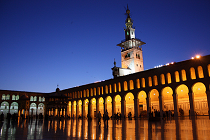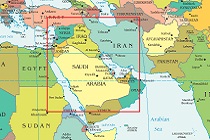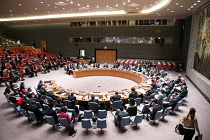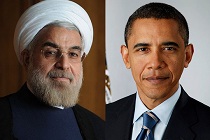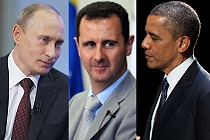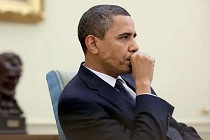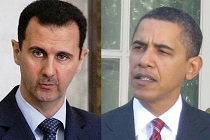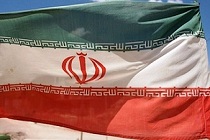Save Damascus, now
If the violence in Syria shifts focus to Damascus, the destruction will be incalculable. Damascus is one of the oldest cities in the world, a cultural and religious centre. It is a collective heritage. Forces on both sides, led by the U.S. and Russia, must get all parties to declare Damascus a weapons-free zone

